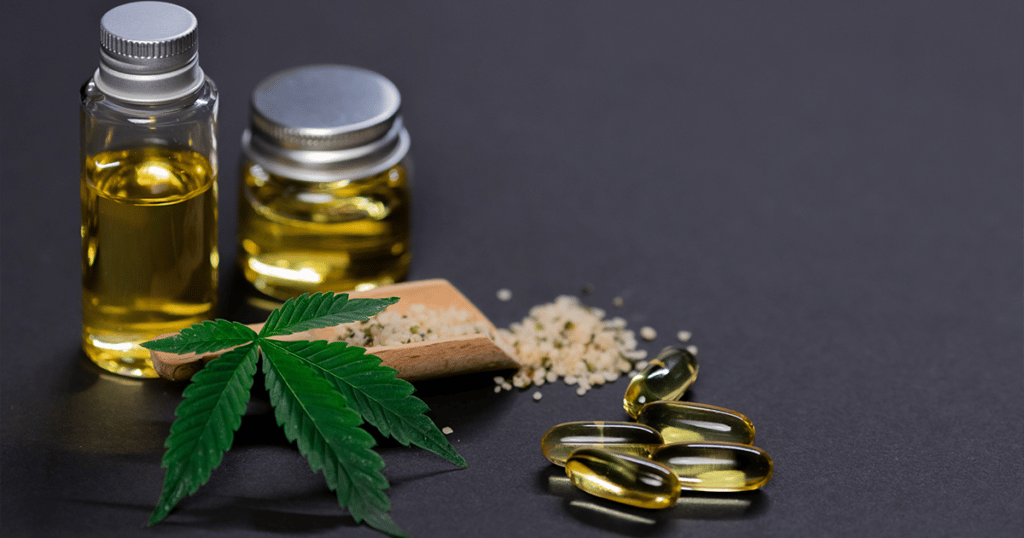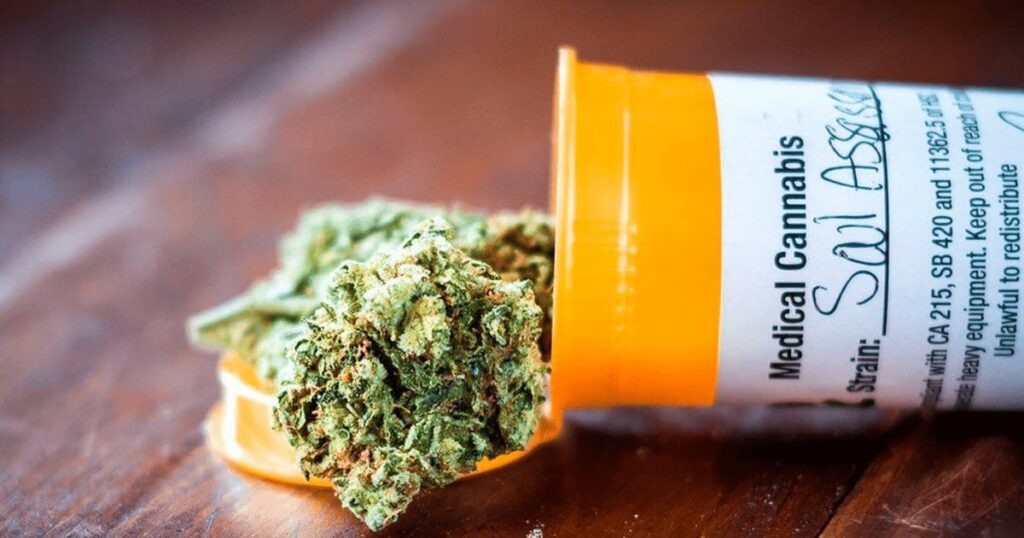Anyone with the least bit of pop culture understanding knows the stereotype of the stoner afflicted by the munchies — glued to their couch, deep into a bag of salty snacks. This person could easily be lumped in with the masses of increasingly obese Americans whose unhealthy diets are the bane of the medical system. But new research is challenging that trope, finding that although cannabis is regarded as an appetite stimulant, there is very little basis for the myth of the junk-food eating, lethargic cannabis user. On the contrary, an important study has shown that obesity rates in Washington state, one of the first states to legalize adult-use cannabis, actually decreased compared to non-legalized states when controlling for other variables. We hope that this continued research will lead to other states making the move toward adult-use legalization.
The study of obesity rates in Washington state was published in the Journal of Health Economics, and it sought to bridge the gap in understanding the relationship between legalization and excessive weight gain. There have been a number of studies on these and related topics, and they are remarkable for a couple of reasons. Not only is there evidence that adult-use cannabis legalization has resulted in decreased obesity rates, but research on related topics also challenges the often-held notion that cannabis users are lazy and unmotivated. For too long, those leading the charge in the war on drugs have peddled the idea of “reefer madness” and propagated stereotypes that cannabis use leads to an unproductive, couch potato life. But with study after study being published showing the positive health effects of cannabis use, the tides are finally changing.

Decreased Obesity Rates
The Washington state study published in September 2022 was not the first of its kind but continues to reinforce the finding that there is no link between cannabis use and obesity, and that there is evidence of the contrary.
In a study published in July 2019, researchers at the University of Washington found that obesity rates among adults in Washington state decreased after adult-use cannabis was legalized.
The study was published in the Journal of Epidemiology & Community Health and looked at data from 2009 to 2017. It controlled for factors such as education, income, and physical activity levels — and found that obesity rates declined by 1.4% during that time period. That’s about 40,000 people who were no longer obese!
This is big news — not only because it shows the positive effects of marijuana use on health, but also because it challenges the stereotype that cannabis consumers are overweight or unhealthy.
It’s important to note that these results aren’t indicative of what would happen if every state legalized marijuana. But they do suggest that more research needs to be done — and we’re excited to see what comes next.
Further Research
Another study published by the American Journal of Public Health also showed the decrease in obesity rates in Washington — yet another example showing that marijuana usage has positive health benefits and isn’t a gateway drug.
The study looked at data from about 6,000 participants in the 2005-2012 Behavioral Risk Factor Surveillance System survey. Researchers found that “the prevalence of obesity was significantly lower among adults who reported using cannabis than those who had never used cannabis (20.1% vs 22.9%; P = .024).” The authors also adjusted for other variables such as age, race, sex, education level and physical activity level.
This is not the first time researchers have found this link between using marijuana and having a lower body mass index (BMI). A 2016 study showed similar results in Colorado residents who had been using medical marijuana for at least three years before being surveyed; they also had lower BMI scores than people who didn’t use cannabis recreationally or medically during this time period (23.3 versus 25.7).

Cannabis Users Aren’t Lazy
In the same vein as the body positivity movement changing people’s views about obesity being caused by laziness, the movement to legalize marijuana benefits from research that shows there is no evidence that cannabis users are lazier or less motivated than the average person.
The authors of a study in the International Journal of Neuropsychopharmacology note “Our results suggest that cannabis use at a frequency of three to four days per week is not associated with apathy, effort-based decision-making for reward, reward wanting, or reward liking in adults or adolescents.”
This finding is not only remarkable but may also have a hand in dispelling the association between cannabis and overeating. If cannabis users show no increased disposition toward apathy and reward-based behaviors, why should anyone conclude that they are less disciplined in their diets?
Fighting against people’s long-held beliefs about cannabis users, propagated by politically-motivated and ill-informed leaders, has been an uphill battle. But as mounting evidence suggests that the health benefits of cannabis use far outweigh any risks — without even beginning to unpack the damage caused by government-condoned pharmaceuticals and alcohol — we may finally be seeing the light at the end of the tunnel. With a little bit of luck — and a strong dose of political will — more states will begin to see the benefits of adult-use cannabis legalization and begin the process of reforming laws.
Enjoyed that first hit? Come chill with us every week at the Friday Sesh for a freshly packed bowl of the week’s best cannabis news!
Most Popular News Posts
- Glassblowing is Not a Crime But That Wasn’t Always the Case – A Look Back at Operation Pipe Dreams
- A Brief 50,000 Year History of Our Relationship with Psilocybin Mushrooms
- How to Middleman a Goddamn Motherf*ckin’ Hemp Biomass Deal
- Study Uncovers Traces of Xanax in 72% of Blood Samples Yet We Still Have to Fight For Cannabis Rights





